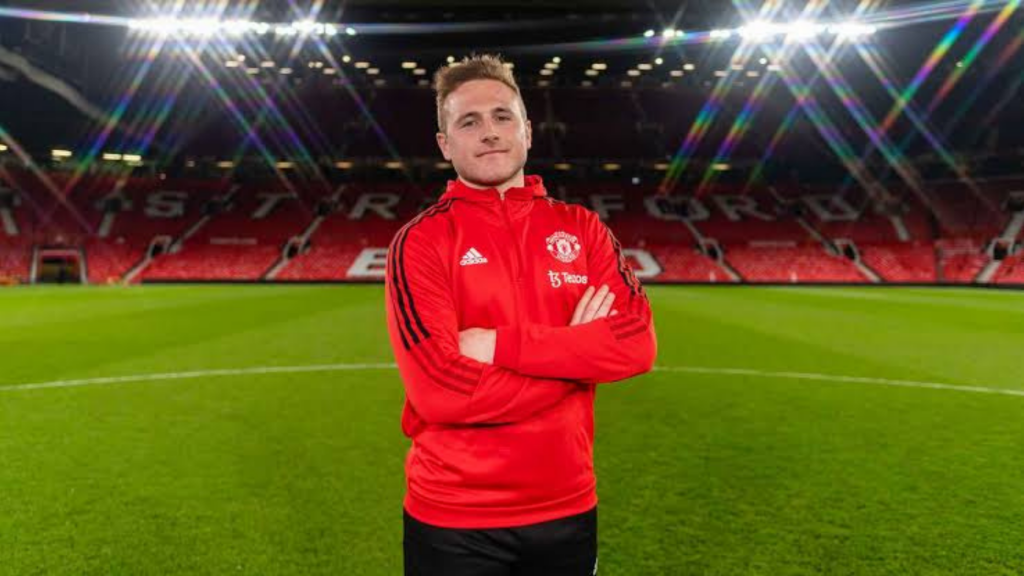Former Manchester United U-23 goalkeeper Paul Woolston has given his first interview since officially retiring from the sport in March.
The 23-year-old suffered a debilitating hip injury which kept him out of action for a very long time, and which after assessment by doctors, was revealed to have permanently hindered his ability to play football again.
This led to his heartbreaking retirement last month, after only just making it into the Manchester United first team dynamics from the U-23 squad.
Woolston, who is still recovering, spoke with BBC Sport on the injury which required two operations in March and April of 2020 and a lengthy rehabilitation period to get him to be able to walk again at the very least.
The Newcastle academy product revealed the specialists who monitored his recovery told him the condition was so severe that he may require a hip replacement by the time he clocks 25, and could still develop difficulties walking in the future regardless of the hip replacement.
“I completely zoned out,” Woolston told BBC Sport. “Is he talking about me? Is this real? Surely this is wrong? It can’t be me. It can’t be right.
“The advice of the specialists was that if I continued for another two years, my way of life would be totally different, that I would struggle to walk.
“It would be a full hip replacement at the age of 25. From there it is a long road. It was simple things like, if I am lucky to have kids in the future, I didn’t want to say: ‘Sorry, I can’t do it because I have ruined my hip’.”
Man United playing key role in Woolston’s recovery
Woolston has been receiving lots of support from Manchester United, however. The club has helped him financial management classes, is helping him with his coaching badges, and has also provided him with mentoring sessions with some of the club’s senior players and staff.
Before his retirement, he was also offered words of support and encouragement by United’s three senior goalkeepers, David de Gea, Dean Henderson and Lee Grant.
Woolston was full of praise and gratitude for the role United was playing in his recovery and their support in helping him shape the next phase of his life.
He also spoke of how he had to pull himself together to be able to talk about his struggles despite his finding it difficult to come to terms with.
“It took a while to deal with it,” he continued to BBC Sport. “At the start there was lots of ‘why me?,’ ‘what have I done wrong?’. I wasn’t wishing it on anyone else but it was: ‘Why couldn’t it happen to someone else?’
“I was right at the start of my career. It hasn’t really started. It was like: ‘Why? Why has it stopped my dreams coming true?’
“Once I fully understood what I needed to do, it was easier to know why instead of blaming myself and others. It is something that happened. It is life. It is tough. It is difficult. But there is not much you can do.”
“It is quite scary [life outside football],” he added. “But it is also quite exciting. There is a world out there I haven’t even dipped my toe into.
“I have a determination to succeed and that will never change. In two years’ time I want to be starting to make a name for myself. I know it is not going to be easy. It is a difficult road and it takes time but I will come back.
“Mentally I want to be in a good place. I will be settled hopefully and using every bit of experience and advice to make me the person I want to be.”




